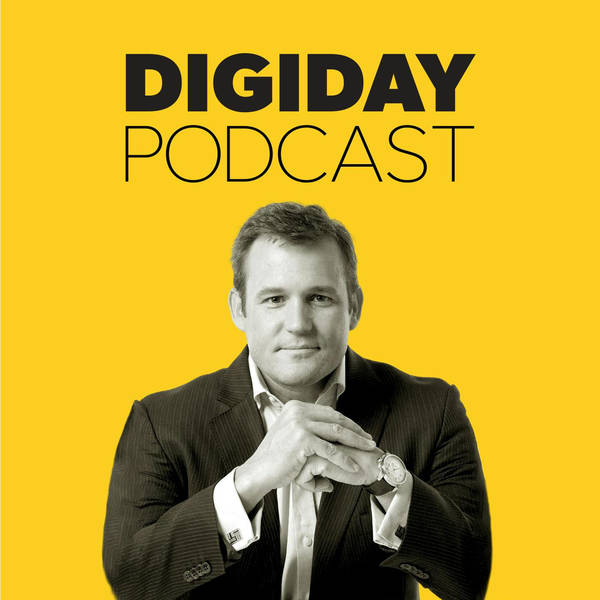
TikTok's Blake Chandlee on surviving a post-techlash world (and White House)
TikTok is coming of age in a post-techlash world.
But unlike Facebook and Google, it has the added challenge of doubling as a political football in the Trump administration's clashes with China.
Last Friday President Trump told reporters he was considering a ban on the video app, which is owned by ByteDance, a Chinese company. Over the weekend Reuters reported the company may be looking to divest from its U.S. operations completely — perhaps in a sale to Microsoft — in order to avoid such a ban.
Like other tech giants, ByteDance has also hired lobbyists in Washington in an effort to keep its access to a massive U.S. market — and its 100 million existing American users, according to the company.
The Trump administration's nominal concern is TikTok's possible ties to Beijing — last fall leaked documents revealed how the app had censored topics that the Chinese Communist Party deems unacceptable, like Tiananmen Square or Tibetan independence. In some cases, TikTok has apologized.
Blake Chandlee, TikTok's vp of global business solutions in Europe and the US, downplays any compromising ties between the company and its country of origin.
"TikTok is clearly an independent company and we've given people lots of reassurances," Chandlee said in an interview recorded last Thursday, a day before Trump's remarks.
"We built the whole company outside of China. Data sits outside of China, it sits in the U.S. and then it's got redundancy in Singapore," he added.
Chandlee argued that the company is more concerned with data privacy than its established rivals.
"We've watched what's happened and we can kind of see where the world's going," Chandlee said. "People are becoming increasingly aware and educated. How to manage data and privacy is something that we've certainly learned from."
Last summer Chandlee was hired away from Facebook, where data collection practices have drawn scrutiny from the press, Capitol Hill and even some users, after 12 years at the company.
With Chandlee, TikTok is hoping to prove indispensable for brands eager to market to the app's massive and young set of users.
"Brands get it," he said in reference to their willingness to work with the company despite the political scrutiny. "There aren't many brands that have stepped back, stepped away from TikTok because of it," he said, adding "most of these big brands have a presence inside of China. They understand, once we give them reassurances. We explain the corporate structure and how decision-making takes place."
TikTok's new "Creator Marketplace" connects advertisers with influencers, a transaction the app sometimes participates in.
Last week, before Trump ratcheted up tensions, the company announced it would spend $1 billion on a fund for creators in the U.S. over the next three years — and more than twice that around the world.
Beyond that, Chandlee was coy on the upcoming ways TikTok will help brands spend money (and creators make it) in a way that breaks with the precedent of its big tech competitors.
"Stay tuned on that one," he said.
